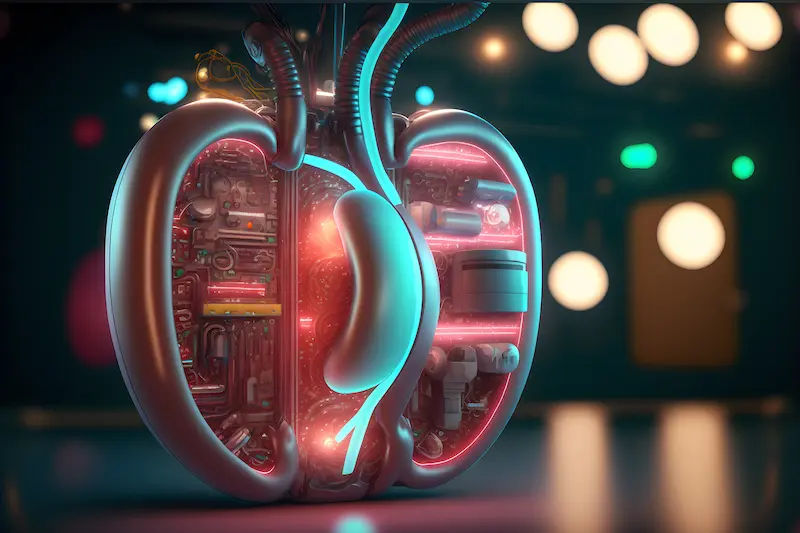- female
- 35 Years
- 20/02/2025
I'm really anxious about my recent ECG results. They showed irregular heartbeats and sometimes sinus tachycardia. My doctor mentioned taking Nebi 2.5, but I'm unsure if it's right for me because I don't have blood pressure issues or any other major health problems. Also, I tend to overthink and have anxiety. Is this medication really going to help with my situation? I'm feeling quite torn about starting it. What do you suggest?
Answered by 1 Apollo Doctors
Nebivolol (Nebi) 2.5 mg is a beta-blocker often prescribed to manage irregular heartbeats and conditions like sinus tachycardia, and it can also help with anxiety symptoms by slowing the heart rate and reducing palpitations. Since you have anxiety and overthinking issues, Nebivolol might help alleviate these symptoms by controlling your heart rate. However, it's important to follow your doctor's advice and give the medication a try while monitoring your response to it. If you have concerns or experience side effects, discuss them with your healthcare provider. Additionally, consider incorporating anxiety management techniques such as mindfulness, therapy, or relaxation exercises.
Dr. Ranjith Suggests...
Consult a Cardiologist
Answered 04/07/2025
0
0

More Cardiology Health Queries
View allMy 14-year-old sister's been having these sharp pains in her left arm and chest. Sometimes her back hurts too, and even her jaw is in pain. I'm really worried about what might be going on. What should I do?
It sounds like your sister may be experiencing symptoms that could be related to a heart issue. It is important to seek medical attention immediately. In the meantime, you can give her a tablet of Aspirin 325mg to chew, which can help in case of a heart-related emergency. Encourage her to rest and stay calm while waiting for medical help to arrive.
Answered by 1 Apollo Doctors
I've been noticing that every time I check my pulse rate, it's always above 100, sometimes even hitting 95 to 105. I'm worried about what could be causing this consistently high pulse rate. Can you help me understand the possible reasons behind it?
High pulse rate, also known as tachycardia, can be caused by various factors. Some common reasons for a high pulse rate in the range of 95-105 beats per minute include physical activity, stress, anxiety, caffeine intake, dehydration, fever, anemia, thyroid disorders, and certain medications. It is important to monitor your pulse rate at different times of the day and in different situations to see if there are any patterns or triggers. If your pulse rate consistently remains above 100 beats per minute, it is advisable to consult with a healthcare professional for further evaluation and management. In the meantime, you can try relaxation techniques, staying hydrated, and avoiding stimulants to see if there is any improvement in your pulse rate.
Answered by 1 Apollo Doctors
I'm really concerned about my dad. He's 55 and dealing with diabetes and high blood pressure, and he was told he needs to decide about a second open-heart surgery. The first one he had was an off-pump coronary artery bypass using a vein from his leg. He's supposed to have this new surgery by the end of the year. Can you help me understand what kind of risks he might be facing with this surgery?
Infection,bleeding ,allergic reactions and headache are some of the complications of the surgery.
Answered by 1 Apollo Doctors
Disclaimer: Answers on Apollo 247 are not intended to replace your doctor advice. Always seek help of a professional doctor in case of an medical emergency or ailment.

_2.webp)



.webp)